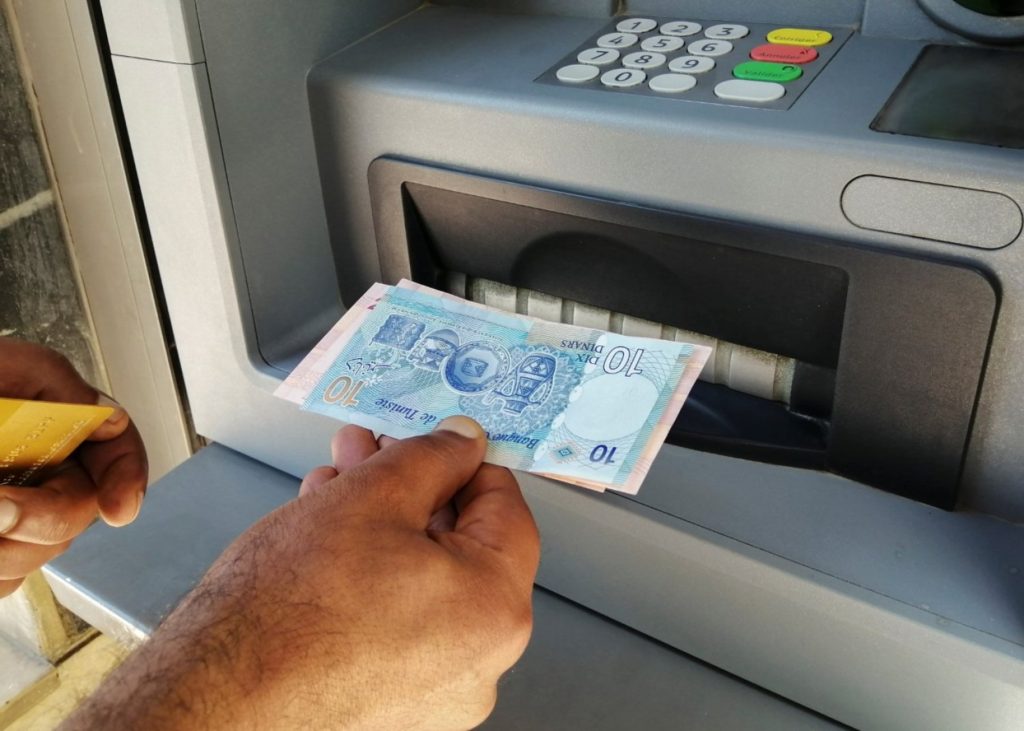
The Rise of Counterfeit Currency in Tunisia: A Growing Concern
Counterfeit currency has become a worrying issue in Tunisia, causing problems for businesses, individuals, and the economy as a whole. The circulation of fake money, especially Tunisian dinars, has been on the rise, leading to various challenges.
Impact on Businesses
Financial Losses
Businesses in Tunisia are facing financial losses due to counterfeit currency. They may unknowingly accept fake dinars from customers, only to find out later that these bills are worthless. These losses can be tough for businesses, affecting their ability to operate smoothly and provide services.
Damage to Reputation
Accepting counterfeit money can also harm a business’s reputation. Customers may lose trust in establishments that unknowingly circulate fake currency. This loss of trust can lead to a decline in customers and negatively impact the business’s reputation.
Challenges for Individuals
Rejected Transactions
Individuals in Tunisia are experiencing difficulties when using cash for transactions. Those who unknowingly receive counterfeit dinars find themselves unable to use these bills in banks or businesses. This rejection of fake currency can be frustrating and inconvenient for everyday transactions.
Financial Hardships
For individuals who unknowingly receive counterfeit money as part of their income, the consequences can be severe. They may struggle when trying to exchange the fake bills for genuine currency, leading to financial hardships and difficulties meeting their needs.
Impact on the Economy
Devaluation of the Dinar
The presence of counterfeit dinars in Tunisia’s economy can lead to the devaluation of the currency. When fake bills enter circulation, they can reduce the value of the dinar, potentially causing inflation and making goods and services more expensive for everyone.
Consumer Confidence
Counterfeit currency erodes consumer confidence in the dinar. When people are unsure about the authenticity of the cash they receive, they may prefer to use other payment methods. This lack of confidence can impact economic activity as people turn to alternatives to physical cash.
Efforts to Combat Counterfeit Currency
Public Awareness Campaigns
Authorities in Tunisia are running public awareness campaigns to educate citizens and businesses on how to detect counterfeit dinars. These campaigns provide information on security features to look for, such as watermarks and security threads.
Enhanced Security Features
The Central Bank of Tunisia has introduced enhanced security features on Tunisian dinars to make it harder for counterfeiters. These features, like holograms and color-changing ink, are aimed at making it easier to identify genuine currency.
Cooperation with Law Enforcement
Law enforcement agencies are working to track down counterfeit currency networks in Tunisia. Raids on illegal printing facilities and arrests of individuals involved in the production and distribution of fake money are part of these efforts.
Vigilance among Citizens
Tunisian citizens are encouraged to be vigilant when handling cash. Checking the security features of dinars before accepting them can help prevent the circulation of counterfeit currency.
Conclusion
Counterfeit currency in Tunisia poses significant challenges for businesses, individuals, and the economy. It is crucial for everyone to be aware of the signs of counterfeit dinars and take steps to protect themselves. Through public awareness, enhanced security measures, and cooperation with law enforcement, Tunisia aims to mitigate the impact of counterfeit currency and maintain the integrity of its financial system.
